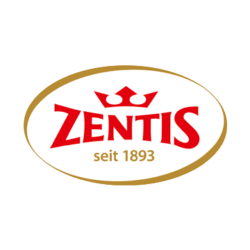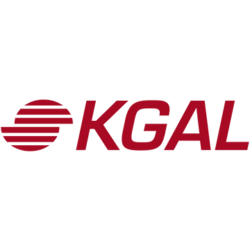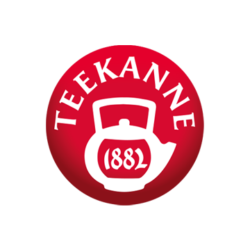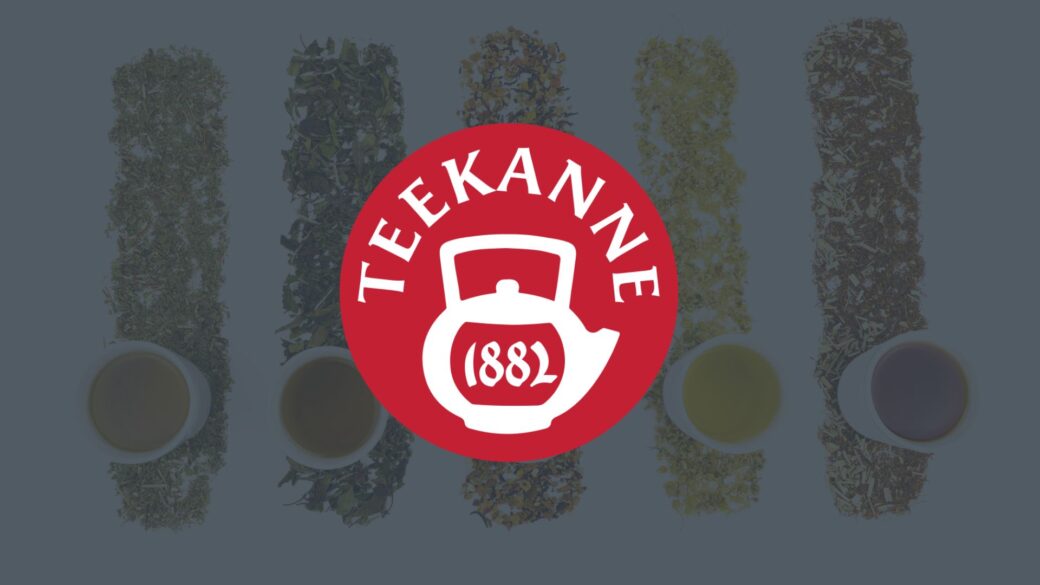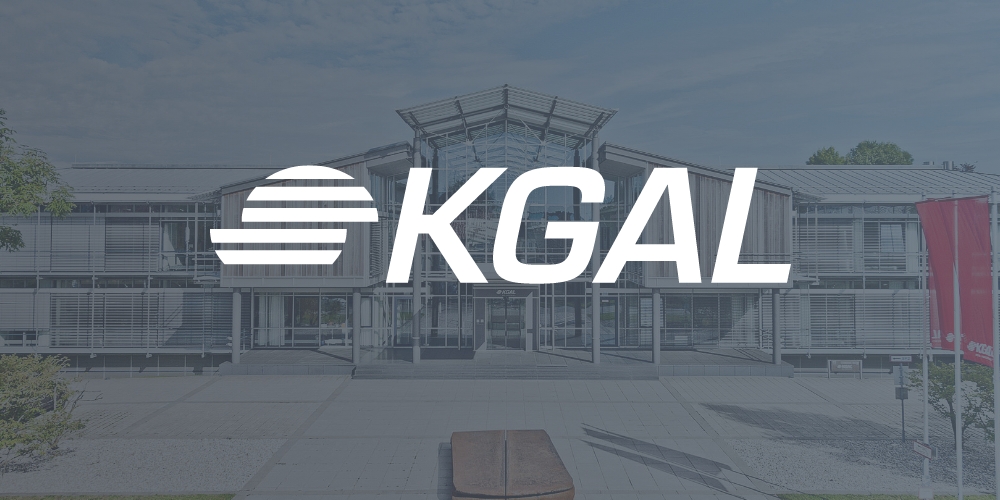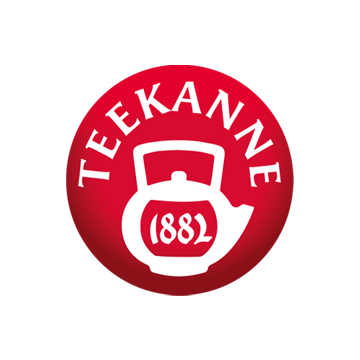Companies and organisations successfully rely on d.velop sign.
Digital Signature Software
Digital signature software
for document processes
Endless stacks of paper, time-consuming processes, poor data protection? With an digital signature, these scenarios are a relic of the past: With d.velop sign, documents can be signed digitally and legally securely. No installation is required, as the digital signature is completely cloud-based.
Start a signature workflow with multiple people
- Always stay up to date on the signature status
- Faster contract processing
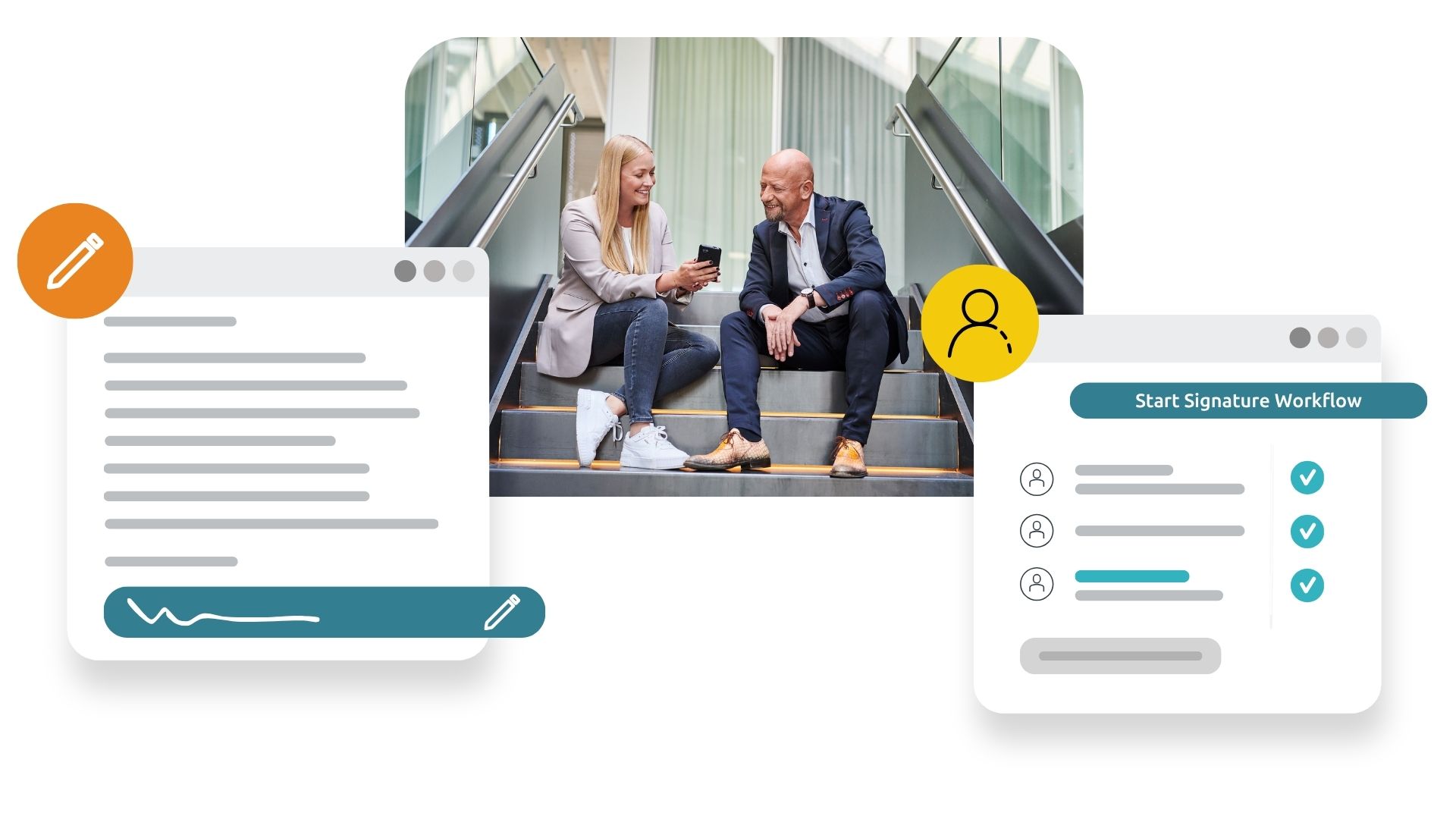
Collect signatures from internal and external parties
- Invite internal and external individuals to sign
- Use custom branding and templates
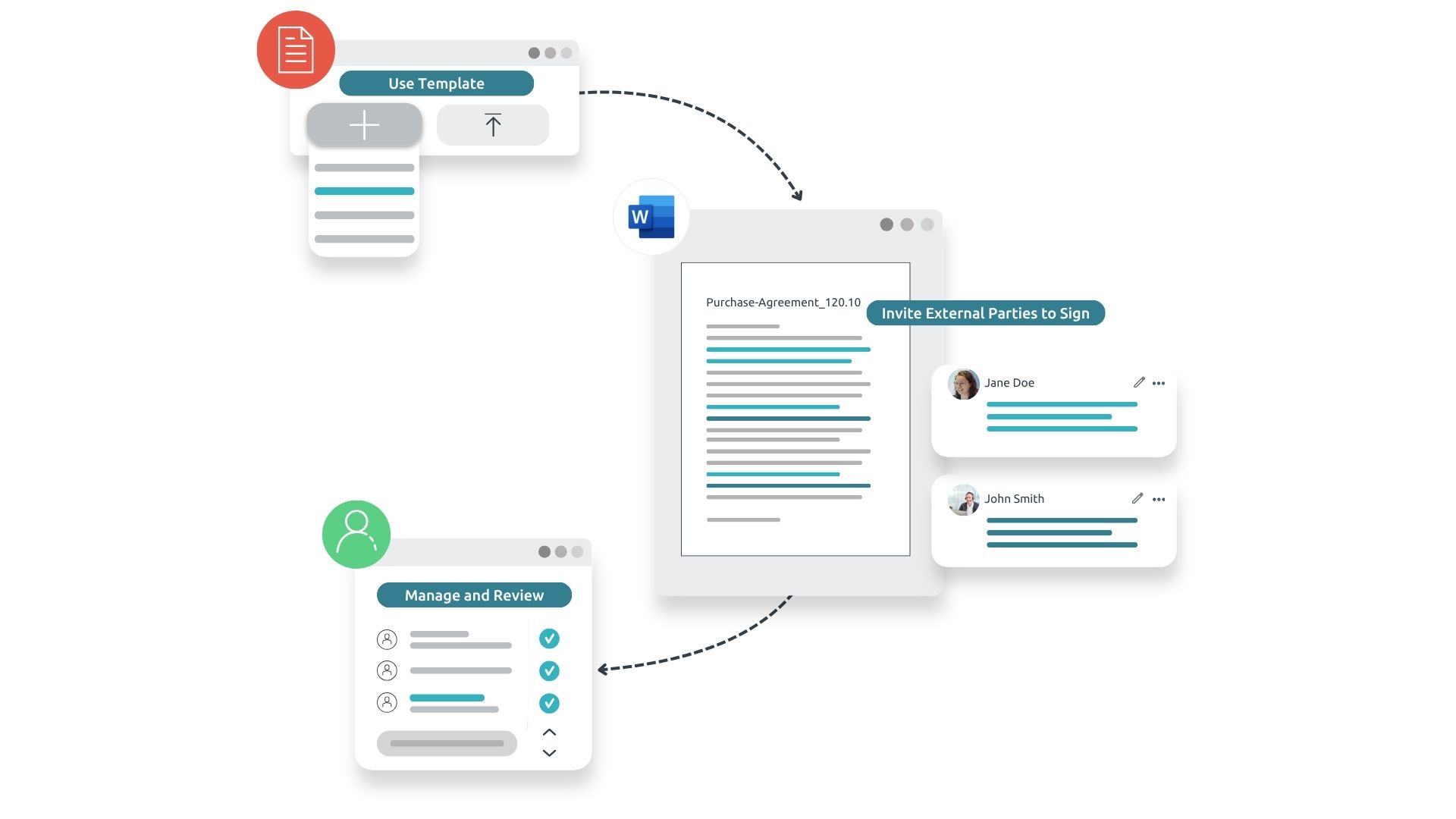
Qualified electronic signature as standard
- Legally sign PDF and XML files
- Securely archive signed contracts directly in combination with d.velop documents
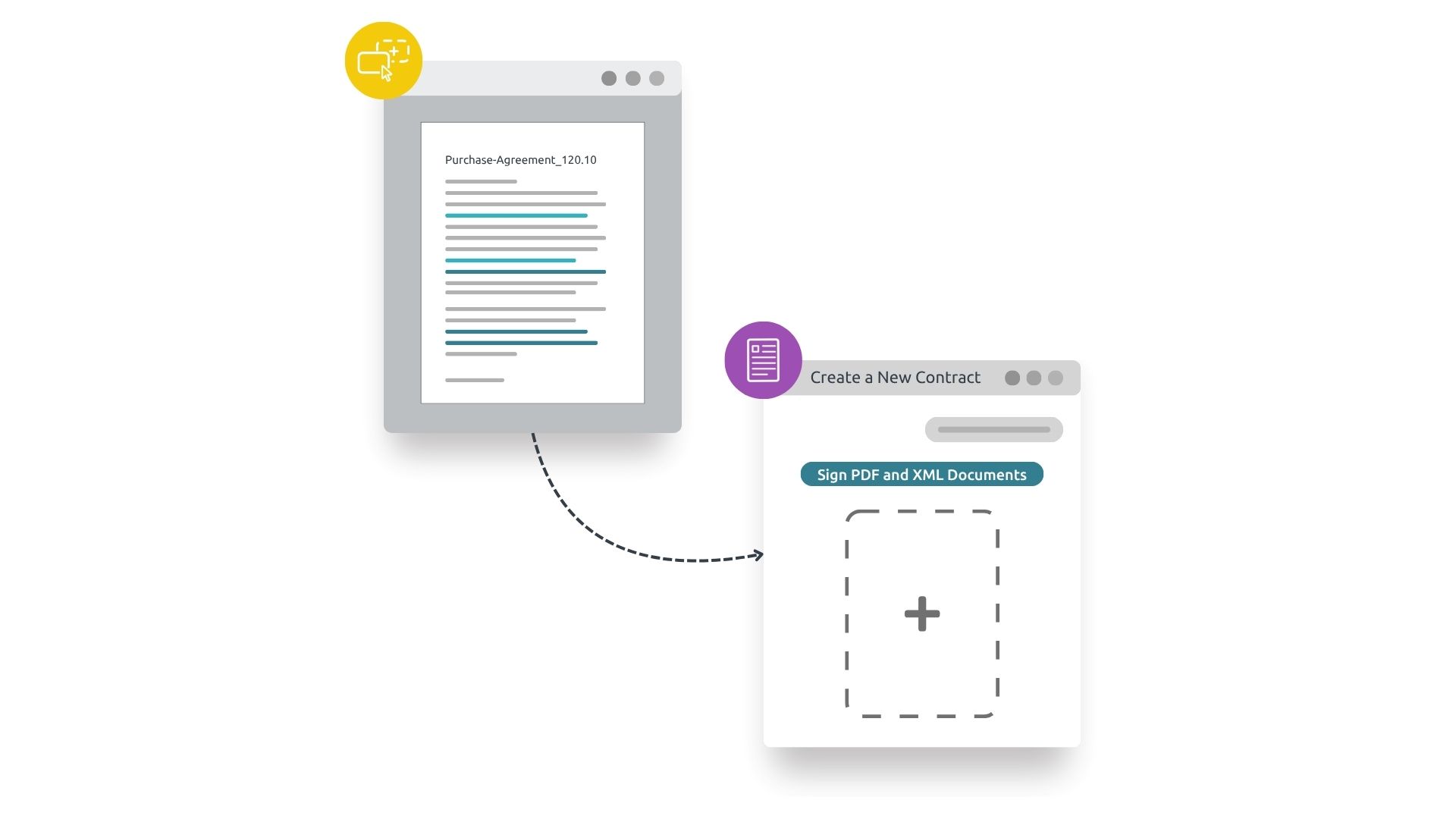
Digital Signature Webinar
Guide: 6 Steps to successfully implement electronic signatures
Why should I engage with the topic of electronic signatures? And how can a structured approach help to successfully involve all stakeholders within the organisation?
Knowledge in a nutshell:
- Helpful tips for a successful project kick-off
- Why should I introduce electronic signature software?
- What should I consider when implementing electronic signature software?
Software for Qualified Electronic Signatures
Qualified electronic signature as standard
d.velop sign supports all types of signatures in accordance with the eIDAS Regulation – including the qualified electronic signature. The qualified electronic form fulfils the legal written form requirement under §126 of the German Civil Code (BGB) and represents the electronic equivalent of a handwritten signature. It is used to ensure the authenticity and integrity of digital contracts and documents. The signer’s digital identity is verified by a cooperating trust service provider. A qualified signature certificate guarantees that an electronic signature has indeed been applied by the stated sender and has not been altered.
Electronic signature costs
Price overview for electronic signatures
Discover all features in detail.
d.velop sign basic
9.99 € per month plus VAT
- Unlimited users
- Annual quota: 50 eIDAS signatures
- Additional signatures: 4.50€ per signature
- European Cloud (OTC)
- Self-Service onboarding
- Custom logo
- Cloud support included
d.velop sign business
24.99 € per month plus VAT
- Unlimited users
- Annual quota: 150 eIDAS signatures
- Additional signatures: 4.50€ per signature
- European Cloud (OTC)
- Self-Service onboarding
- Custom logo
- Cloud support included
d.velop sign ultimate
39.99 € per month plus VAT
- Unlimited users
- Annual quota: 250 eIDAS signatures
- Additional signatures: 4.50€ per signature
- European Cloud (OTC)
- Self-Service onboarding
- Custom logo
- Cloud support included
Got Questions?
Didn’t find what you need in our standard packages? No problem.
We’ll create a tailor-made solution just for you.
- Signature quotas tailored to your needs
- Quick ROI assessment and price indication
- Go-live immediately upon contract signing
Our signature experts will support you in identifying use cases, defining signature quotas, or even rethinking your entire digital signature processes. We look forward to working with you!
Free for 30 days
0.00 € for 30 days
- Test risk-free for 30 Days
- Unlimited users
- Seal signatures included
- Advanced and qualified person-certified signatures available at extra cost: 4.50€ per signature
Electronic Signature Interfaces
d.velop sign seamlessly integrated
Microsoft Word, SAP or d.velop documents? Easily integrate the electronic signature software into your existing work environments and system landscapes with our standard integrations, custom connections or comprehensive API.
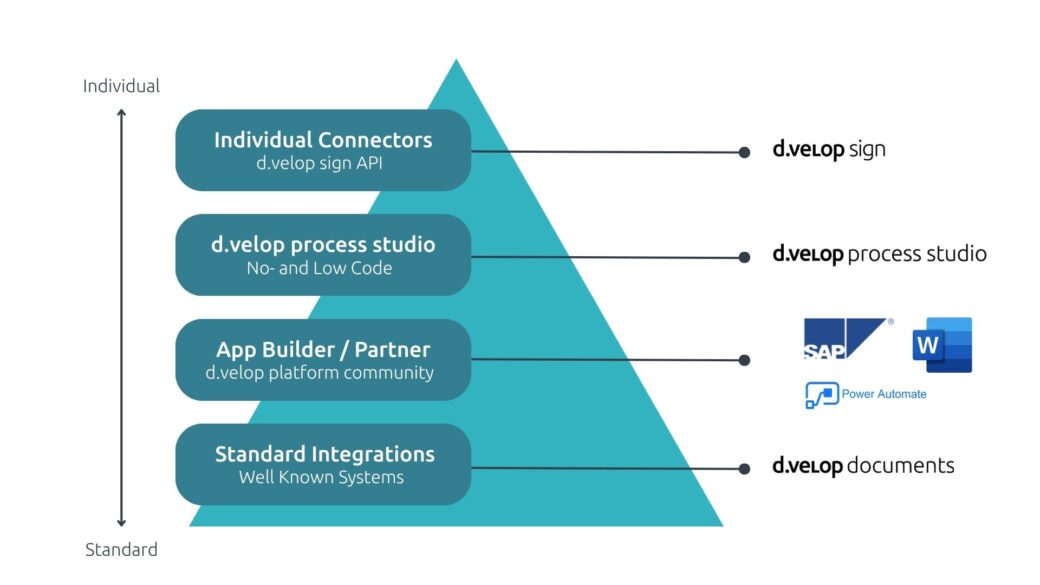
Choose d.velop sign for data protection & security
German data security you can trust
The digital signature from d.velop is currently one of the few German alternatives to the large US signature providers on the market. For many companies, the American providers are already falling away for reasons of data protection.
When storing information, d.velop only relies on certified and German data centers to ensure the highest possible security.
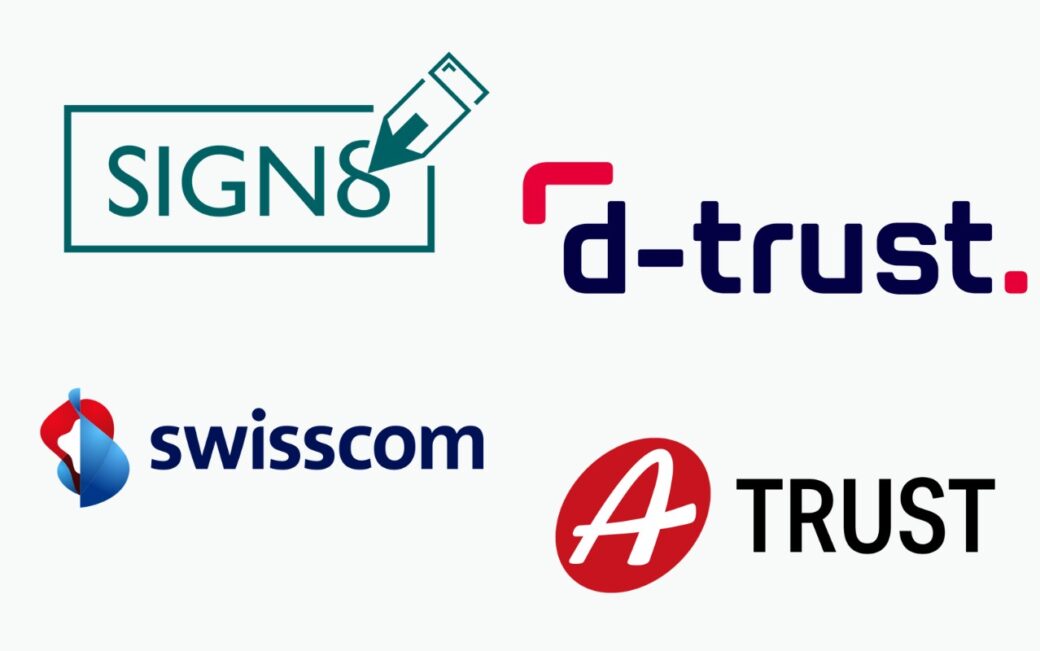

Data protection from Europe
Whether from employees, business partners or customers – an electronic signature is an extremely personal asset that should always be handled and protected with care. That’s why, for electronic signatures, we rely on the Open Telekom Cloud (OTC) as a 100% European cloud partner.
- European data sovereignty
- Compliance with regulatory requirements for regulated industries


d.velop platform
Unlock the full potential of d.velop.
DMS, ECM, EIM or simply: Connected knowledge
Productive, intelligent, secure: Your d.velop tools.
Digitise, structure, store and make information accessible: Our d.velop platform solutions are always tailored to your needs and provide knowledge seamlessly – whether for employees, customers or partners. This not only reduces process costs and time, but also relieves your team and creates space for innovative ideas.
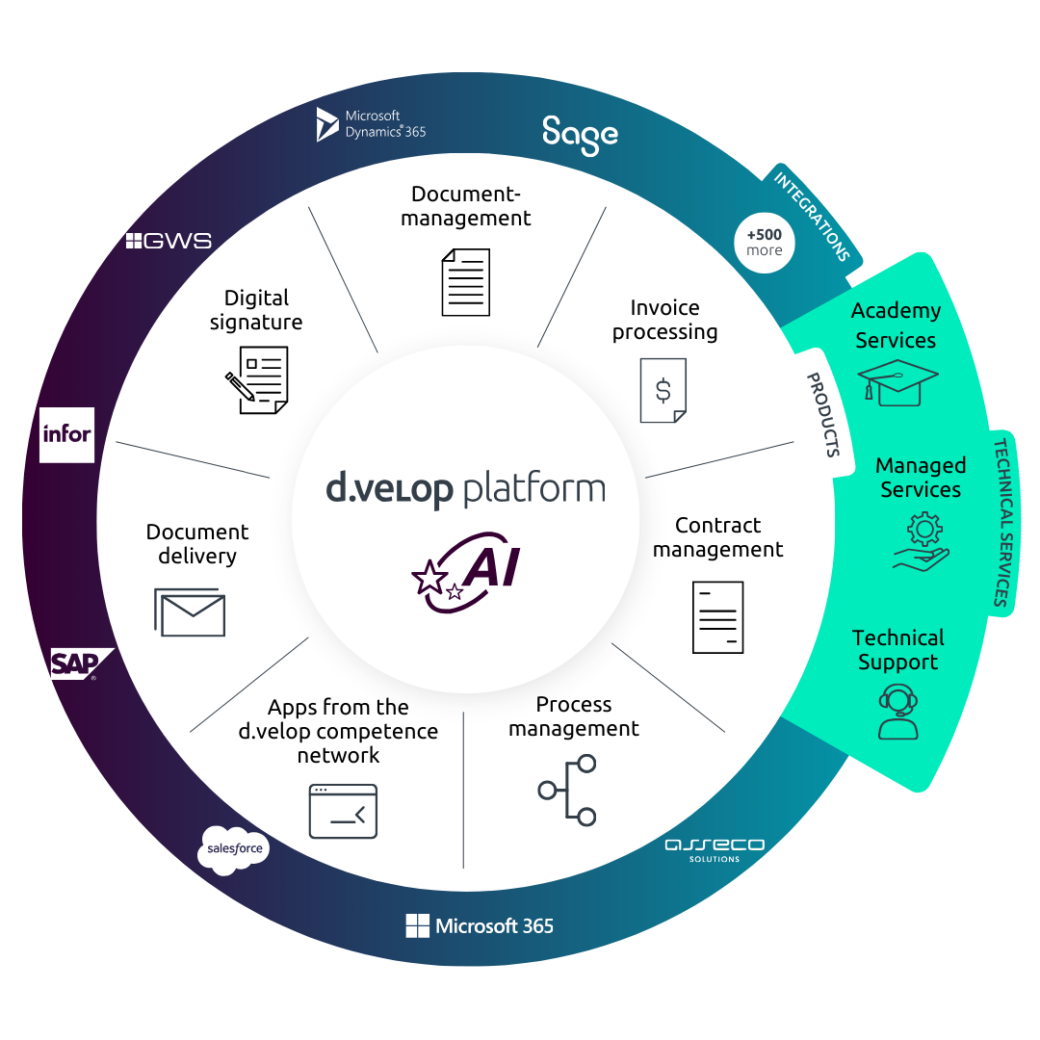
News & Resources
Digital signature explained in detail
Would you like to learn more about the use of electronic signatures? Here you’ll find news and in-depth information.
FAQ
Frequently asked questions about
digital signatures
In the legal sense, a digital signature is a so-called electronic signature. The regulations that were formerly governed nationally in the Signature Act are now found in the eIDAS Regulation on electronic identification and trust services, which applies throughout Europe. With a digital signature, you can sign a document (e.g., a loan agreement) on the Internet and without paper. This speeds up processes and saves costs. The legal framework for this is provided by the eIDAS Regulation, which applies throughout the EU. It defines the legal effect of electronically signed documents and their evidential value in court. With d.velop sign, you can sign simply, advanced and qualified.
You upload your document to the d.velop sign app and a hash value is sent to a trust service provider for certification. This provider verifies your identity and then sends the hash value back to d.velop sign. You can then download your fully signed document with the associated certificate. By simplifying the signature process in this way, you not only increase your level of digitization, but also save important time and costs at the same time.
Legislation can now be done through remote signature services. You put your signature on the document via a signature certificate. This certificate attests to your identity by a third party and is time-stamped. The qualified electronic signature has stood up in court and is therefore suitable for signing contracts.
The simple electronic signature does not represent any security-relevant added value for companies and is subject to the free judicial evaluation of evidence (§ 286 ZPO).
The advanced electronic signature is also subject to the free judicial assessment of evidence (§ 286 ZPO) and ensures the integrity of the document by means of a certificate. Only the qualified electronic signature (QeS) replaces the statutory written form (126, 126a BGB) and is therefore equivalent to the handwritten signature.
According to the eIDAS Regulation, Article 3 (16), a trust service is an electronic service that is usually provided for a fee and includes, among other things: Creation, verification and validation of electronic signatures, seals or time stamps, as well as verification and validation of certificates for website authentication. A qualified trust service meets the relevant requirements of the eIDAS Regulation, Article 3 (17), and is verified every two years in an elaborate procedure by an accredited conformity assessment body.
The result is communicated to the responsible supervisory authority (BNetzA or BSI). The status as a qualified trust service provider can be verified throughout Europe via a trust list and a seal of approval. The German trust list is available on the website of the Federal Network Agency: www.nrca-ds.de. “Bundesdruckerei” (sign-me) is a qualified trust service provider for signatures, seals, time stamps and website certificates.
“Electronic signature” is a legal or juridical term. It refers to data linked to electronic information that identifies the signer. In practical terms, it is similar to a handwritten signature on paper. The legal framework for electronic signatures has been summarized under the eIDAS Regulation. With an electronic signature, however, it is not always possible to verify whether the person actually signed the document or whether the signature may have been forged. Documents could also have been manipulated or changed without this being traceable.
Digital signatures offer additional security in this respect because, unlike electronic signatures, they contain an encrypted hash value. In addition, the person signing can be authenticated beyond doubt, making them equivalent to a notarized handwritten signature.”
Connected and the signature is directly in the document.
XAdES signature: XML, internally signed i.e. an XAdES signature is always connected to an XML document and the signature is directly in the document.
As a rule, contracts and declarations of intent do not require any special form. In particular, contracts do not generally have to be concluded in writing. A handshake is also sufficient to establish an effective contractual relationship. Nevertheless, for reasons of preserving evidence and documentation, it is advisable to conclude contracts in writing.
In addition, agreements are often made according to which certain declarations or notifications are subject to the written form, and for some specific forms of contract or declarations of intent this is even required by law. This is primarily for the purposes of documentation and verifiability with a view to any subsequent legal disputes.
Signature validation takes place within PDF viewing applications and depends on the approach of the corresponding application. Here, no reader proceeds like the second and corresponding standards, such as the necessary check against the European Trust List (EUTL), are rarely adhered to. Some readers with an internal truststore can store the certificate from the EUTL to enable a check against EUTL. If, for example, your Adobe certificates are not up to date, an error message may appear when checking your signature. Instructions on how to update your Adobe certificates can be found here. Acrobat Reader, for example, checks against the EUTL for qualified signatures and also displays this directly with the signatures that have been made. Basically, the validity of the QES is unaffected by the incomplete check in various readers.
If a signature is to be verifiably checked, we recommend using the official EU validation site for this purpose, where you can upload and check your document (https://ec.europa.eu/cefdigital/DSS/webapp-demo/validation). This software checks according to the specifications for validation and creates a test report at the end, which logs the process.
The eIDAS Regulation (eIDAS stands for “Electronic Identification, Authentication And Trust Services”) is a regulation on electronic identification and trust services for electronic transactions in the member states of the European Union. eIDAS represents a genuine legal innovation whose stated purpose is to promote the development of digital applications in Europe. The heart of this article law, the Trust Services Act (VDG), contains all the necessary regulations for the use of digital signatures. The new EU regulation enables a new, simplified procedure for electronic signatures. Here, the components for creating the signature are not stored on a card, but in a secure IT environment of a qualified trust service provider. This means that the electronic signature can also be triggered remotely, for example using mobile devices such as tablets and smartphones.
With d.velop sign you have the possibility to sign simple, advanced and qualified. For the selection of the right signature level, we recommend consulting a lawyer. We can gladly show you how other customers use d.velop sign. As a software manufacturer, however, we cannot give you advice on the legally compliant application of the solution. We will be happy to put you in contact with a specialist if required.
Contact & Consultation
We connect data and people – and look forward to hearing from you.
Curious? We’d be happy to show you our digital signature software.
Simply request a live demo.
